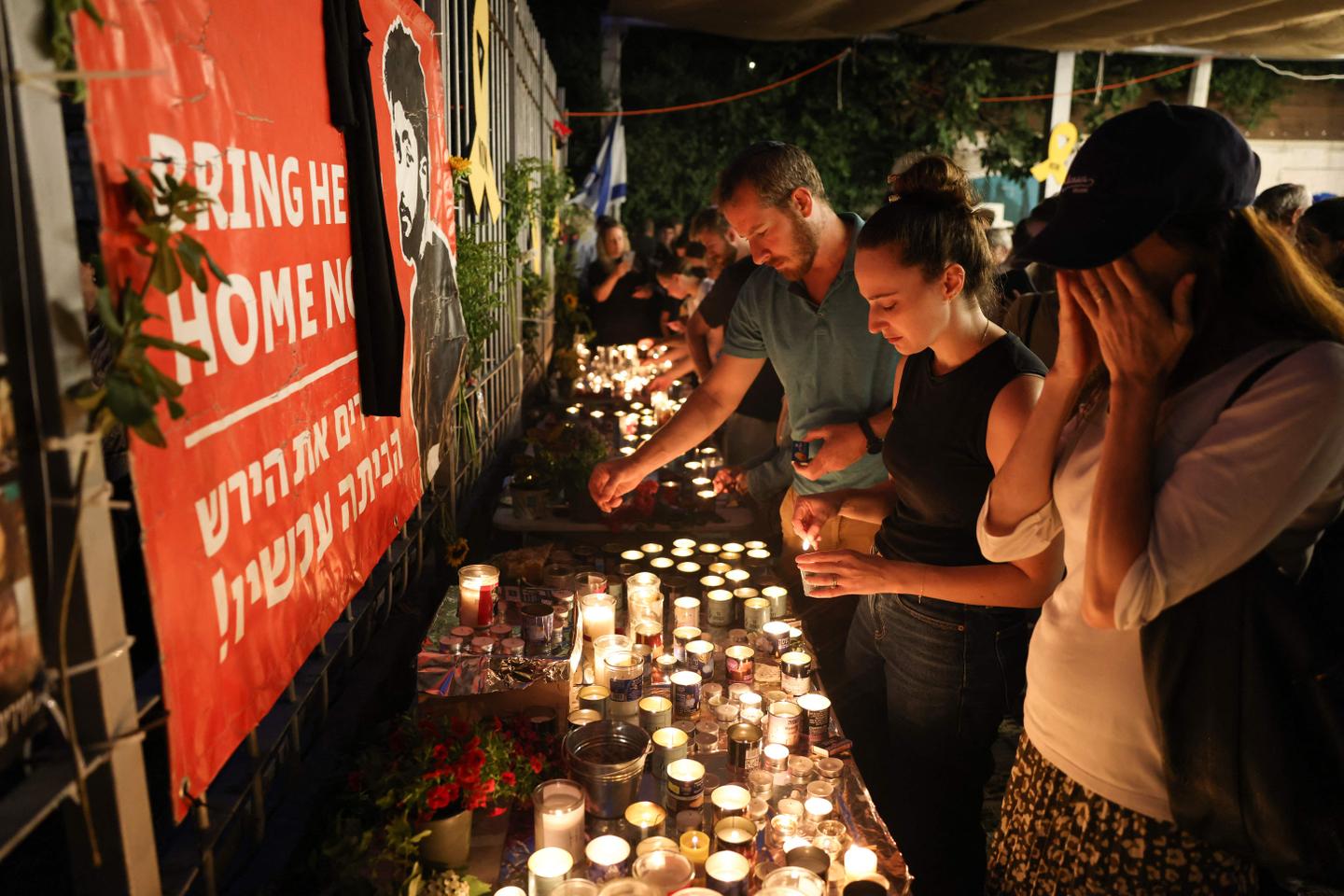Death of Charles Dumont, sentimental crooner and composer of songs for Edith Piaf and Dalida – Technologist
The anecdote, which became part of the Edith Piaf legend – and consequently in the history of French chanson – was to form one of the key scenes in La Môme (La Vie en Rose, 2007), Olivier Dahan’s biographical film. On October 5, 1960, lyricist Michel Vaucaire (1904-1980) and his composer partner Charles Dumont obtained an unexpected audience at the Paris home of the ailing singer. They turned up at 67 Boulevard Lannes in the 16th arrondissement with a song they tailor-made for her four years earlier, but Piaf had already rejected it three times because she found it self-indulgent. And she had no desire to see Dumont again, whom she previously dismissed as a caricature self-portrait.
However, after a long wait, the two men were eventually accepted. 31-year-old Dumont tried his luck one last time with a piano rendition of “Non, Je ne Regrette Rien.” And there was another twist. This time, the broken bird heard the song that would lead to her return to the stage. It would be on December 29, 1960, at the Olympia, with morphine to ease the pain. Piaf’s recital included other songs by the Vaucaire-Dumont tandem, such as “Mon Dieu” and “Les Flonflons du Bal.”
This launched the career of Dumont, who died on Monday, November 18, in Paris at 95 years old. With an immense task, since the knighting designated him as successor to the great Marguerite Monnot (1903-1961), whom Piaf just dismissed without notice, Dumont wrote around 30 pieces of music for his client, including “Les Amants” (a duet with lyrics by Piaf) and “Je m’en Remets à Toi,” based on a text by Jacques Brel. Unfortunately, La Môme did not have time to record the latter, as she died on October 10, 1963. Dumont rose to the challenge, however, and was able to fully launch his career as a performer with a debut album released in 1964.
Trumpet and organ
Born on March 26, 1929, in Cahors, the musician initially planned to devote himself to jazz, since he was bowled over by the genius of Louis Armstrong (1901-1971). The teenager logically took up the trumpet, which he studied at the Toulouse Conservatory, and set off for the capital with the idea of joining the Republican Guard orchestra. Unfortunately, his ambitions were dashed by an operation on his tonsils. Playing the instrument caused hemorrhaging and he had to give it up.
But he did not give up on music: He converted to the organ, taught by Paul-Silva Hérard (1883-1961), titular organist at Saint-Ambroise church in the 11th arrondissement of Paris. Harmony enriched his palette and Dumont turned to composition, placing music with Dalida, Gloria Lasso, Lucienne Delyle and Cora Vaucaire, the wife of his lyricist friend.
You have 41.95% of this article left to read. The rest is for subscribers only.


